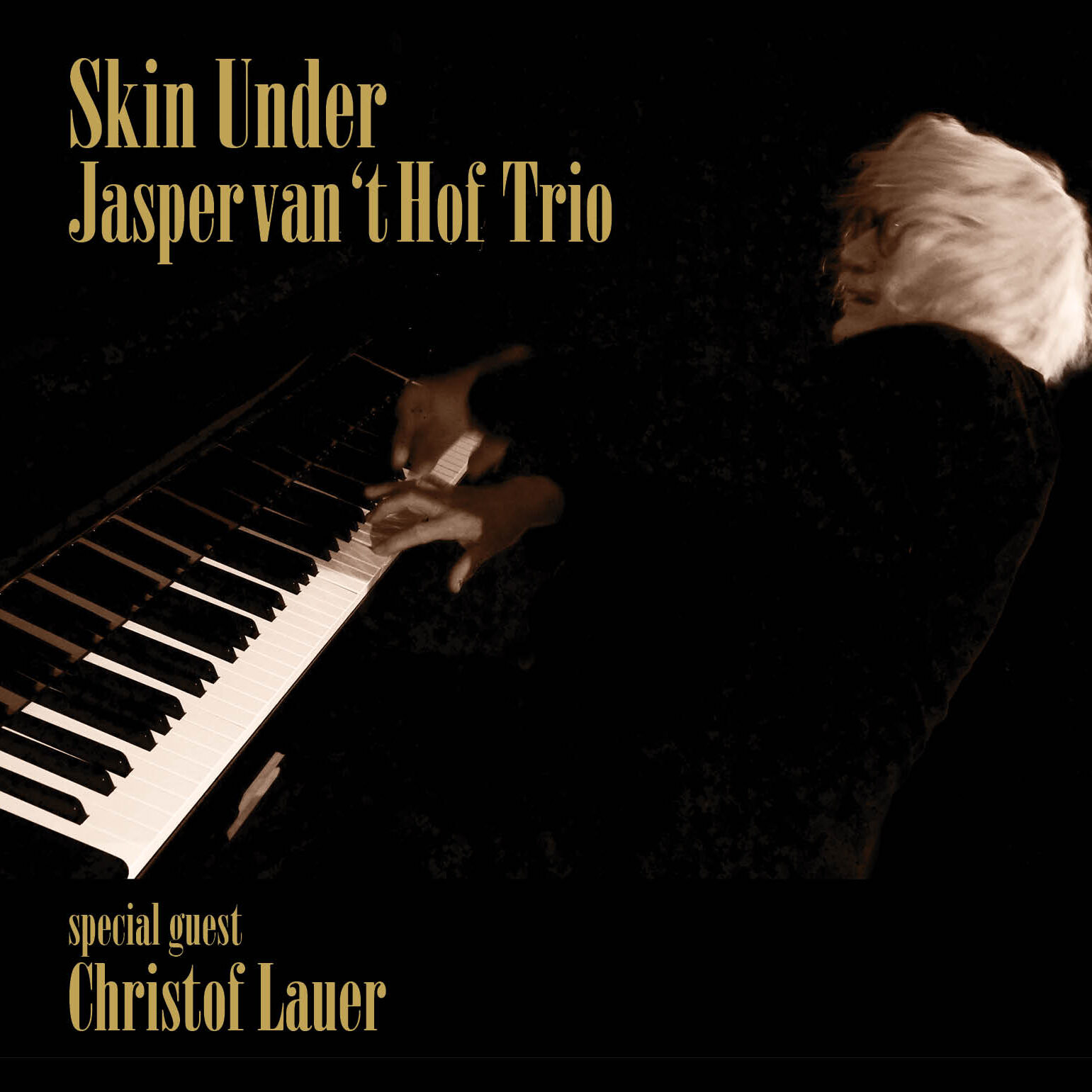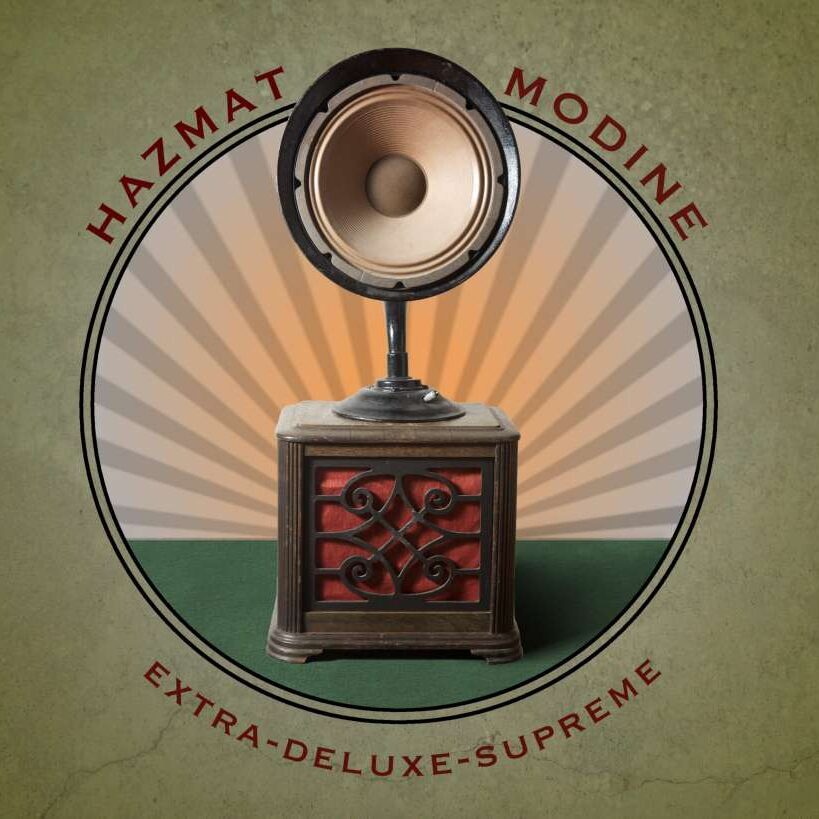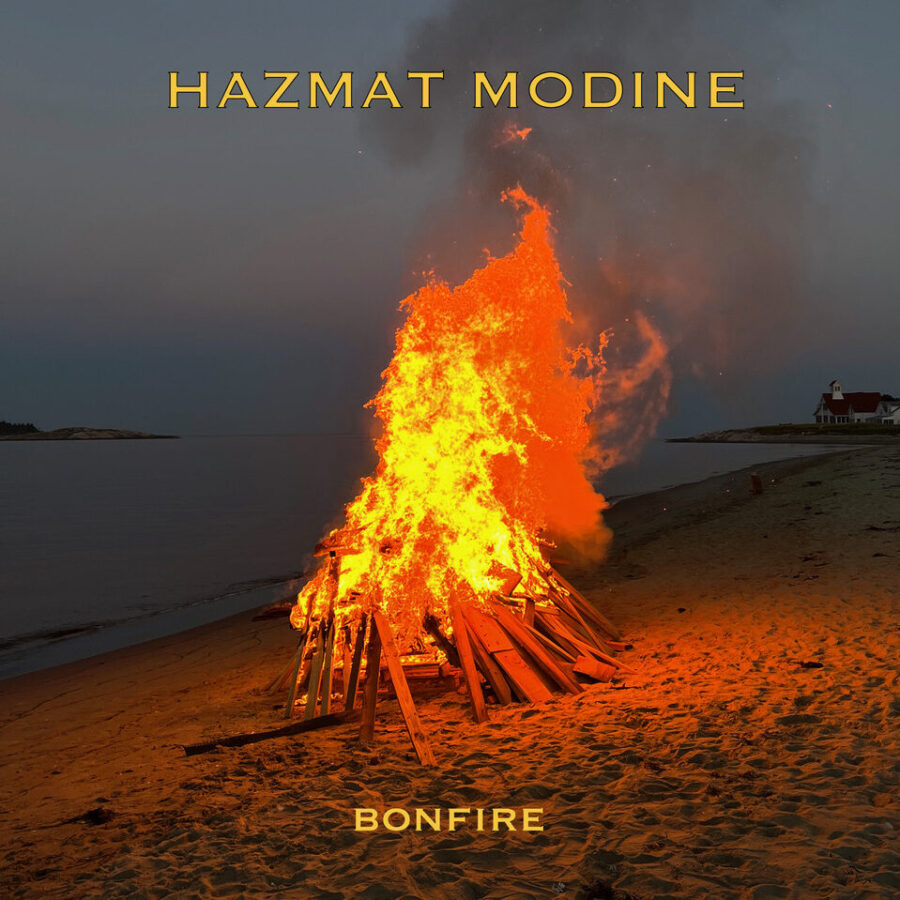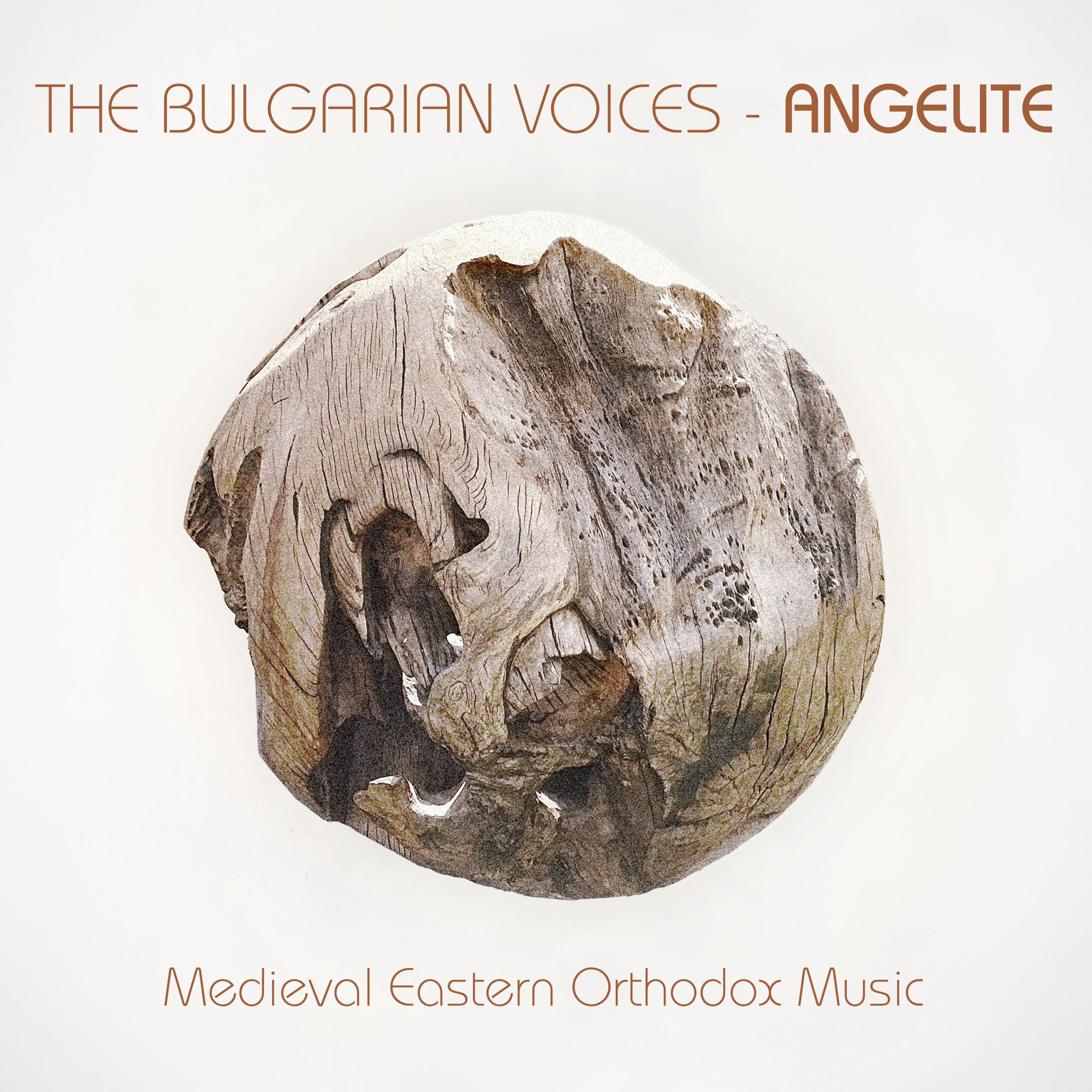Once Upon a Time
18,00 €
The album gathers the influences of Asian and rap music. All these are drawn together by the thread of the multi-talented Norwegian singer, Eli Kristin Hovdsveen Hagen. The traces of Norwegian musical ideas have developed gradually – more or less unconsciously, but naturally – in the course of Alperin’s several years of living in Norway.
New is also the influence of Asian music and rap-style to be found on this CD Once Upon a Time, whereas the traces of Norwegian musical ideas have developed gradually – more or less unconsciously but naturally – in the course of Alperin’s several years of living in Norway.
Not surprisingly, therefore, in addition to the trio, the multi-talented Norwegian singer, Eli Kristin Hovdsveen Hagen, appears as guest soloist on some of the tracks of this CD.
ONCE UPON A TIME
With the waning of the 20th century, it looked like the Moscow Art Trio was just as much history as the millennium itself. After a somewhat sad farewell to singer-clarinetist Starostin and hornplayer Shilkloper, Alperin left for Spain to stay there for about half a year and work on other projects. At the time he felt that the trio had exhausted its potential and wouldn’t be capable of renewing itself. He turned out to be entirely wrong.
While in Spain, Mikhail Alperin composed new material. Little did he know that what was to emerge, were compositions suited exactly for a possible reunion of the Moscow Art Trio. In April, the three musicians tested out the new repertory on tours in Russia and Europe, and since then, it has gone through important changes and further developments. When the trio again appeared in their beloved Rainbow Studios in Oslo, Norway, in November 2000, under the guidance of their favourite sound engineer, Jan Erik Kongshaug, both repertory and performance – recorded on this CD – showed an even greater level of unity, closeness, clarity, sense of timing, and precision than before. The music was somewhat less marked by free improvisation – except for Arkady Shilkloper’s now looser, more ripened solos, played with more authority – than by the compositional approach known to classical music, but still fresh and jazzy in its expressive force. The compositions and the arrangements, all written by Alperin, are new altogether, except for an old Alperin piano theme, now face-lifted and built into a new composition, the extended entity now called “My Dance”.
A recent feature is also the nature of the lyrics. Instead of using old Russian folk song texts, Starostin presents his own poetry, based on a folkloristic concept. Alperin had earlier deemed it impossible to compose written music for folk musicians. But Starostin is not only a genuine and well-skilled performer of folklore. In addition, he is professionally trained in classical music. On this album, he shows that this kind of versatility makes him exactly the man for the task of performing such compositions.
New is also the influence of Asian music and rap-style to be found on this CD, whereas the traces of Norwegian musical ideas have developed gradually – more or less unconsciously but naturally – in the course of Alperin’s several years of living in Norway.
Not surprisingly, therefore, in addition to the trio, the multi-talented Norwegian singer, Eli Kristin Hovdsveen Hagen, appears as guest soloist on some of the tracks of this CD. She toured with the troika during the phase of experiments with Alperin’s material. And believe it or not, but the voice you hear on “Opera Rap” is hers, though with a technically distorted pitch to give it a recognizable ‘male’ rap touch.
Mikhail Alperin’s basic concept of music is to let the compositions and the performers tell stories, or as he himself likes to word it, “a musical tale about a story”, reflected, of course, in the CD’s title, Once Upon a Time. This album is yet another example of the trio aiming to do precisely that, with refreshed and refreshing energy in the band’s eleventh year of existence.
Written by: Isak Rogde
[/tab][/tabs]ONCE UPON A TIME
With the waning of the 20th century, it looked like the Moscow Art Trio was just as much history as the millennium itself. After a somewhat sad farewell to singer-clarinetist Starostin and hornplayer Shilkloper, Alperin left for Spain to stay there for about half a year and work on other projects.




